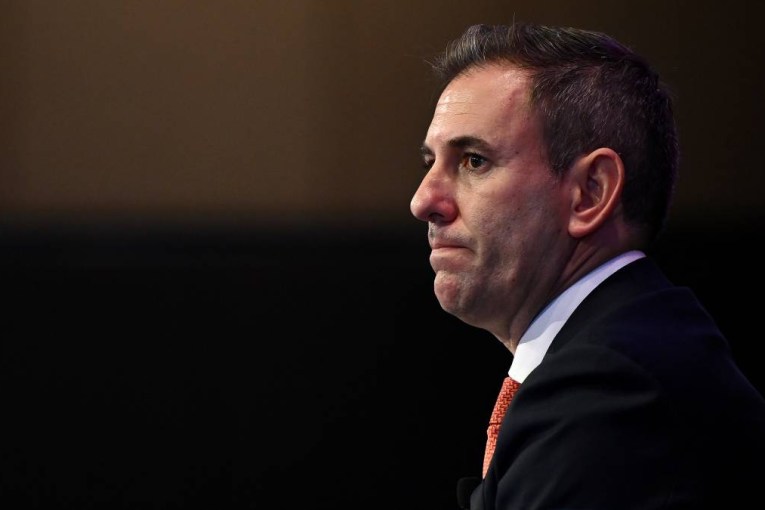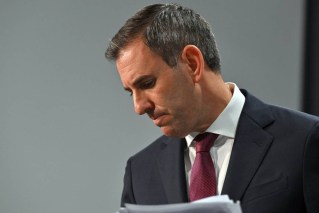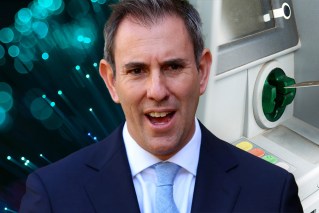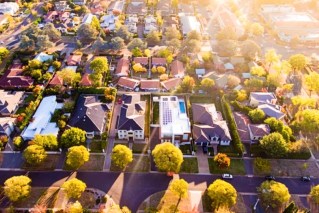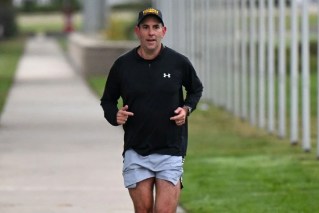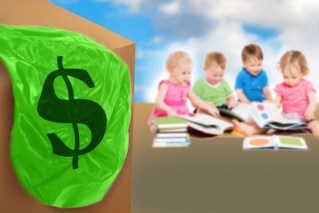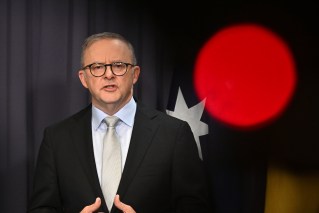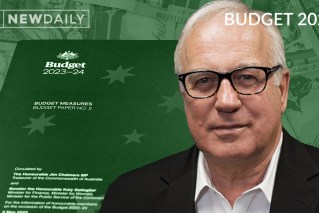Government urged to lift spending as CBA predicts $30 billion budget boost

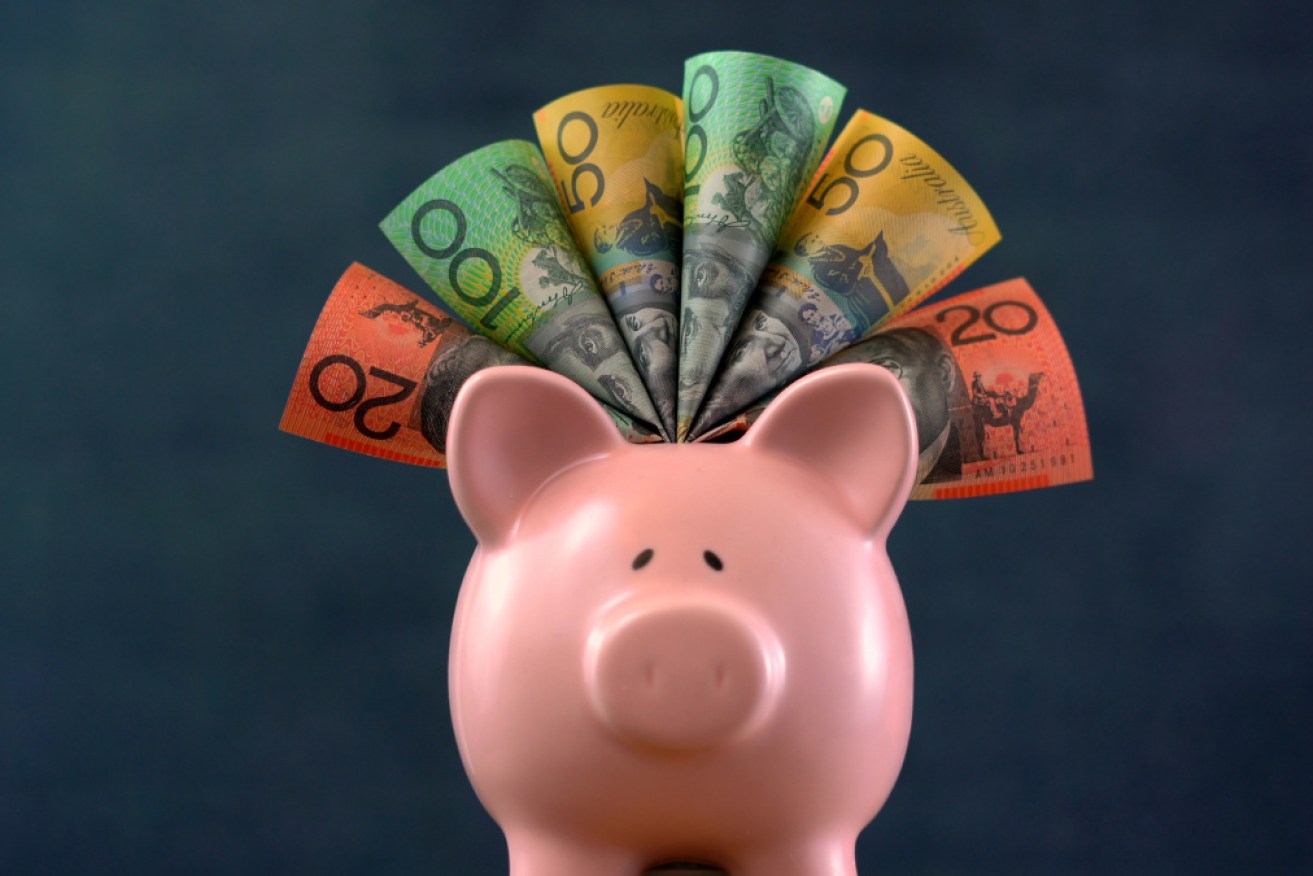
The government surplus is tipped to be stronger than forecast. Photo: Getty
Shadow Treasurer Jim Chalmers has denounced the government’s refusal to increase public spending as economic “incompetence”, after new research forecast a small windfall in public revenue.
Commonwealth Bank chief economist Michael Blythe said in a client note that strong jobs growth, increased average taxes, and higher iron ore prices could boost the government’s budget surplus by $30 billion over the next four years.
Mr Blythe said this meant the government could spend more on the economy without sacrificing its “much-vaunted budget surplus”.
And Dr Chalmers presented a similar argument, telling The New Daily the “Liberals’ incompetence” had “delivered nothing but weaker economic and wages growth, sky-rocketing costs of living, and record high household and government debt”.
“The Morrison government has ignored repeated calls for responsible, proportionate and measured stimulus to support the economy from the Reserve Bank, the business community, economists, experts and Labor,” he said.
“The Liberals could pick up and run with any or all of these suggestions from Labor: Review and responsibly increase Newstart, bring forward infrastructure spending, bring forward an incentive for business to invest, bring forward stage two of the tax cuts, come up with a real wages policy, and settle an energy policy after 16 failed attempts.”
Mr Blythe’s forecast, which predicts this year’s budget surplus will be $10 billion more than originally forecast, comes before Treasury’s Mid Year & Fiscal Outlook (MYEFO) review on Monday.
Asked if the government would announce more spending, Treasurer Josh Frydenberg told The New Daily the economy remained “remarkably resilient in the face of significant global and domestic economic headwinds, such as the devastating drought and bushfires”.
Analysts expect him to set aside more money for drought relief and aged care.
But Mr Blythe said the government could afford to do more.
“Capacity constraints (labour, materials) mean that the ability to further ramp up big projects is limited. But there is a significant backlog of smaller local government infrastructure assets in need of repair or expansion,” Mr Blythe said.
“The Australian Local Government Association estimates of infrastructure asset requirements shows $30 billion are in poor condition and another $24 billion need upgrading to meet safety, compliance, social, environmental targets.
“Many of these assets are in regional areas. And these areas would clearly benefit from such spending.”
Centre of Future Work director Dr Jim Stanford said Mr Blythe’s budget forecasts were plausible.
But he told The New Daily an improved government budget didn’t mean much to the average Australian, as incomes were barely rising.
And a complete lack of “trickle-down effect” means higher commodity prices will similarly have little effect on people’s day-to-day lives.
“Just because the government’s surplus becomes a little bit bigger hardly means that Australians are doing anything better,” he said.
“Quite the opposite.”
For Australians to see any benefit from higher commodity prices, the government would need to pump the extra money back into the economy, Dr Stanford said.
Otherwise corporate profits will rise but wages will remain flat.
“We’re tiptoeing along the edge of recession, and the government has been absolutely inactive in addressing that threat,” he said.
“The government has to spend [the extra revenue], not have more tax cuts. And that means infrastructure big and small, but it also means hiring in public services and public administration.
“And it also means higher wage gains, starting with public servants.
“Those would all be infinitely more effective than another tax cut.”
Dr Stanford is far from the only voice calling for more government spending.
Reserve Bank governor Philip Lowe has repeatedly called on the government to spend more on infrastructure.
And economists have urged government to support household consumption by lifting the Newstart allowance, fixing potholes, building more social housing, and hiring unemployed Australians to clean up the environment.
The consensus opinion, though, is that the Coalition will keep the public purse firmly shut.

ABS figures showed economic growth slowing to 0.4 per cent over the September quarter.
Independent economist Stephen Koukoulas said the government was putting politics ahead of policy.
The economy needed more stimulus, he said.
But the Coalition wouldn’t increase spending, as delivering a surplus was such a crucial part of the Coalition’s electoral success.
“I think they’re willing to accept a slightly weaker economy, because I think they think … saying ‘we delivered a surplus’ will get them more votes than saying ‘we kickstarted the economy and unemployment is back down to 4.75 per cent’,” Mr Koukoulas told The New Daily.
“The bottom line is that the economy is really weak – 1.7 per cent GDP is pretty ordinary. And even if it picks up to 2 per cent or 2.25 per cent next year, it’s still weak – and one of the things that can improve that is a bit of a fiscal policy stimulus.”
In the eyes of Deloitte Access Economics partner Chris Richardson, though, the “underlying question is not can, or should, we do more stimulus? It’s what are the costs and benefits around it?”
If greater spending today stops Australia from falling into a recession some time over the next five years, then people will look back on it as a prudent investment, he said.
But if government spends more now, and the country falls into a recession down the track, then Mr Richardson said we would regret it, because we would have less firepower to fix the economy.
“There is no right answer to this one,” Mr Richardson told The New Daily.
“We’re guessing about the future, and that’s always fraught.”


